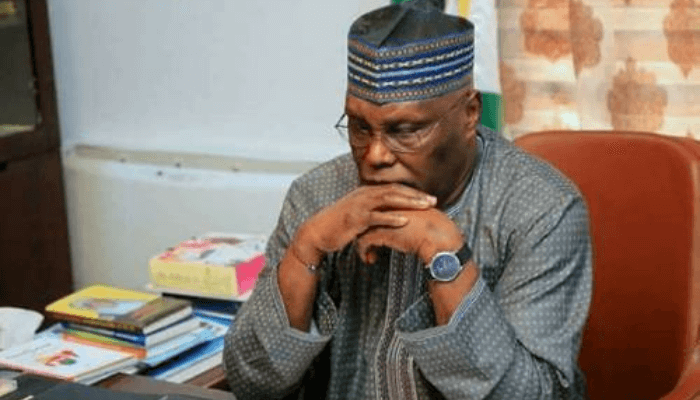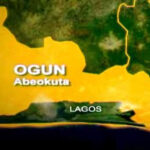Presidency Urges Atiku to Retire as He Disputes Supreme Court Verdict
In the aftermath of last week’s Supreme Court judgment affirming the electoral victory of President Bola Tinubu in Nigeria’s February 25 presidential election, former Vice President and Peoples Democratic Party (PDP) presidential candidate, Atiku Abubakar, held a press conference in Abuja on Monday. At the event, he aired his grievances, accusing the highest court in the land of endorsing electoral irregularities and illegalities. In response, both the Presidency and the All Progressives Congress (APC) issued scathing remarks, denouncing Atiku’s claims and characterizing his political journey as one marked by perpetual ambition.
The Special Adviser to the President on Information and Strategy, Bayo Onanuga, delivered a sharp rebuke in a statement titled ‘Time for Atiku Abubakar to Finally Step Back from Presidential Ambitions.’ Onanuga remarked that Atiku’s bid for the presidency was undermined by the fragmented state of his party, stating, “There was no way Atiku and the PDP could have won the election with the party platform under which he contested broken into four parts.”
The Supreme Court’s ruling last Thursday brought an end to the protracted 171-day legal battle aimed at nullifying Tinubu’s election, with both Atiku Abubakar and Peter Obi of the Labour Party seeing their appeals dismissed. The lead judgment, delivered by Justice Inyang Okoro, emphasized the immutable nature of constitutional timelines and ruled out consideration of academic records presented by Atiku as fresh evidence against Tinubu’s victory.
Nevertheless, Atiku, in his press conference on Monday, vehemently criticized the Supreme Court’s verdict, characterizing it as an endorsement of illegality and asserting that the biggest loser in this situation was Nigeria itself. He stated, “If the Supreme Court implies by its judgment that crime is good and should be rewarded, then Nigeria has lost, and the country is doomed irrespective of who occupies the Presidential seat.”
Atiku underscored his commitment to continuing his political journey, stressing that his actions were in defense of the nation’s democracy, rule of law, and the imperative need for political and economic restructuring. He also advocated for constitutional amendments to ensure the resolution of election-related litigation before the inauguration of the winner, drawing attention to the time frame between elections and inauguration, which he considered insufficient.
Additionally, Atiku called for a rotational presidency among Nigeria’s six geopolitical zones to prevent a concentration of power within particular regions. He argued for INEC to rigorously verify candidates’ credentials and for transparency in cases of conflicting submissions.
In defense of President Tinubu, Bayo Onanuga criticized Atiku’s approach, stating that Atiku’s brand of politics relied on elections aligning with his ambitions, and any divergence from that path was perceived as a threat to democracy. He urged Atiku to cease his persistent presidential ambitions, as they were seen as divisive and unprofitable for the political landscape and national unity.
Senator Ajibola Basiru, the National Secretary of the APC, portrayed Atiku as desperate and suffering from post-election trauma, emphasizing the incompatibility of Atiku’s statements with the electoral process and the role of INEC.
In contrast, the Chief Spokesman for the Obi-Datti Campaign Council, Yunusa Tanko, supported Atiku’s critique of the Supreme Court and INEC, considering them extensions of the presidency. However, he disagreed with Atiku’s call for a single six-year term, arguing that such a change could inadvertently empower potential tyrants.
The responses from the Presidency and the APC reveal a deepening divide in Nigeria’s political landscape, with Atiku’s persistent pursuit of the presidency and his criticism of electoral processes receiving sharp condemnation from his political opponents. As the nation grapples with these complex issues, it remains to be seen how the political discourse and constitutional amendments may shape its future.












